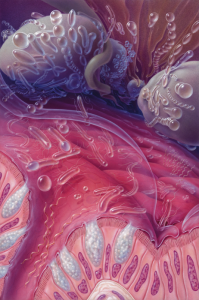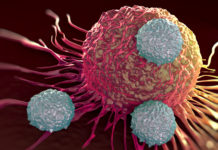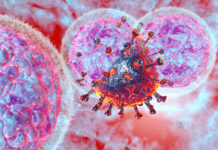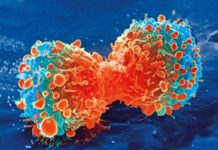 Who would have thought that the human body contains over 10 times the amount of bacterial cells as human cells? These bacteria — now collectively called the gut microbiota — number in their trillions and are made up of more than a 1,000 different species most of which are beneficial in some way.
Who would have thought that the human body contains over 10 times the amount of bacterial cells as human cells? These bacteria — now collectively called the gut microbiota — number in their trillions and are made up of more than a 1,000 different species most of which are beneficial in some way.
“Research is starting to show that the food we eat has a huge bearing on the composition of this collective and also that the profile of the collection of bacteria can be associated with a person’s health status,” explains Dr Paul Ross, principal Investigator at the Alimentary Pharmabiotic Centre.
The study of the human microbiota has the potential to transform much of the thinking around basic human nutrition, gut health and disease prevention: “This has been made possible through developments made in DNA sequencing technology which has allowed the study of complex microbial communities such as the human gut microbiota, the majority of which cannot be cultured on an individual basis,” explains Dr Ross.
Although the composition of the microbiota is highly stable during adulthood, there are times when it can be highly dynamic — such as at the extremes of life, e.g., following birth, during inflammatory bowel conditions, gastrointestinal infection and in the elderly. Despite this stability, the microbiota also displays a high degree of interindividual variation reflecting differences in lifestyle, diet, host genetics, etc.
In a project called ELDERMET, a team of UCC/Teagasc scientists has recently profiled the fecal microbiota from elderly people in different residences including community, day-hospital, rehabilitation or long-term residential care locations.
This study found that the microbiota correlated with the residence location. “The results demonstrated that the individual microbiota of people in long-stay care was significantly less diverse than those that resided in the community,” explains Dr Ross. “In addition, these subjects were also clustered by diet by the same residence location and microbiota groupings. Interestingly, the separation of microbiota composition correlated significantly with health parameters in these individuals including measures of frailty, co-morbidity, nutritional status, markers of inflammation and with metabolites in fecal water.”
Taken together these data suggest that diet can program the gut microbiota — the composition of which correlates with health status. Such a suggestion opens up great potential for the design of food ingredients and supplements which may in the future shape the microbiota in a particular direction to correlate with an improved health status.
Source: Teagasc (2013, November 1). A galaxy within us: Our gut microbiota and how it can be programmed by food. ScienceDaily. Retrieved November 11, 2013, from http://www.sciencedaily.com /releases/2013/11/131101125411.htm














